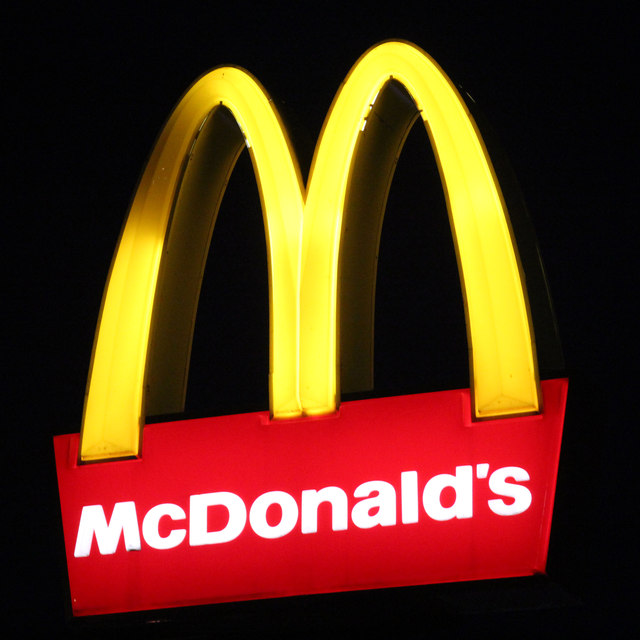Whether you are a conspiracy theorist or not, there are many out there who certainly believe that there are dark forces at work in the global community. Some believe in an Illuminati-style group which schemes and plots, tweaking stock markets and influencing oil prices, waging proxy wars and sacrificing babies. One theory which has been presented is the McDonal’s theory of war, first brought forth by Thomas Freidman who noted that no two countries with a McDonald’s has ever fought a war.

But What About…
If your brain is trying to rack up the number of wars which have taken place since the hamburger giant came on the scene, then it will be of no use, the theory is yet to be proven wrong. Previously closest we came to the theory being dispelled was the Falkland’s War yet we have now seen the this happened for the first time. The conflict between Russia and Georgia has smashed the theory to pieces, but it did have a good run.
Principled Argument
It is important to note that whilst this theory was presented in a tongue-in-check style, there was some serious investigation done with regards to the wider point Freidman was making. The larger picture is that of globalization and that the stronger economic ties were between two nations, the lesser risk of those two nations ever wishing to be at war with one another. McDonald’s of course will enter nations which have stable economies, hence the notion that no two nations with McDonald’s would go to war.
Examples
After Friedman’s book was published, the theory, in some sense, proved itself to be true. Three months after he released the book NATO bombed Yugoslavia and on the first day after the bombing, the McDonald’s restaurants in Serbia were demolished by the Serbs, and were not rebuilt until after the conflict ended. Friedman said that the reason why this did prove the rule was because the war ended very quickly and he argued that this was because the Serbs didn’t want to “lose their place in the global system, symbolized by McDonald’s”.
Sadly there are a number of critics who seem to have missed the point with regards to what Friedman was trying to say. There have even been some debates about previous conflicts between 2 nations with the restaurant, that have descending into semantics regarding what is classed as ‘war’.
Friedman himself was taken back by the attention that his theory got:
“I was both amazed and amused by how much the Golden Arches Theory had gotten around and how intensely certain people wanted to prove it wrong. They were mostly realists and out-of-work Cold Warriors who insisted that politics, and the never-ending struggle between nation-states, were the immutable defining feature of international affairs, and they were professionally and psychologically threatened by the idea that globalization and economic integration might actually influence geopolitics in some very new and fundamental ways.”
What do you make of this point? Does he get it right?



